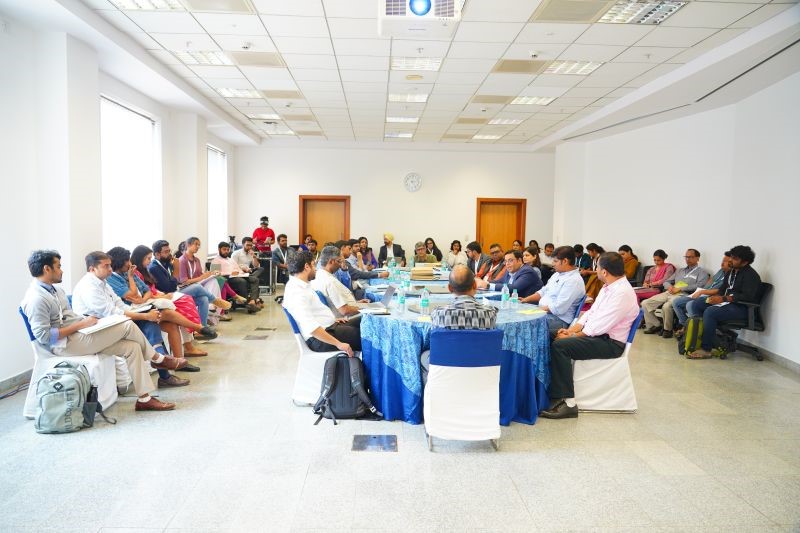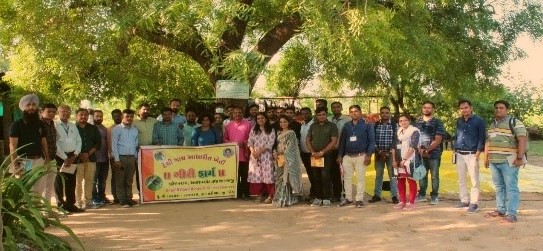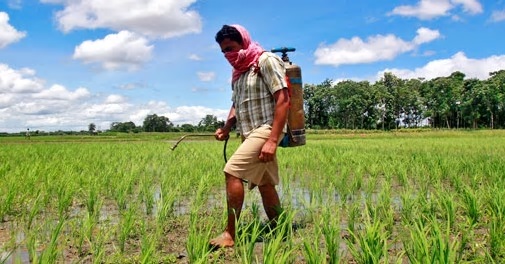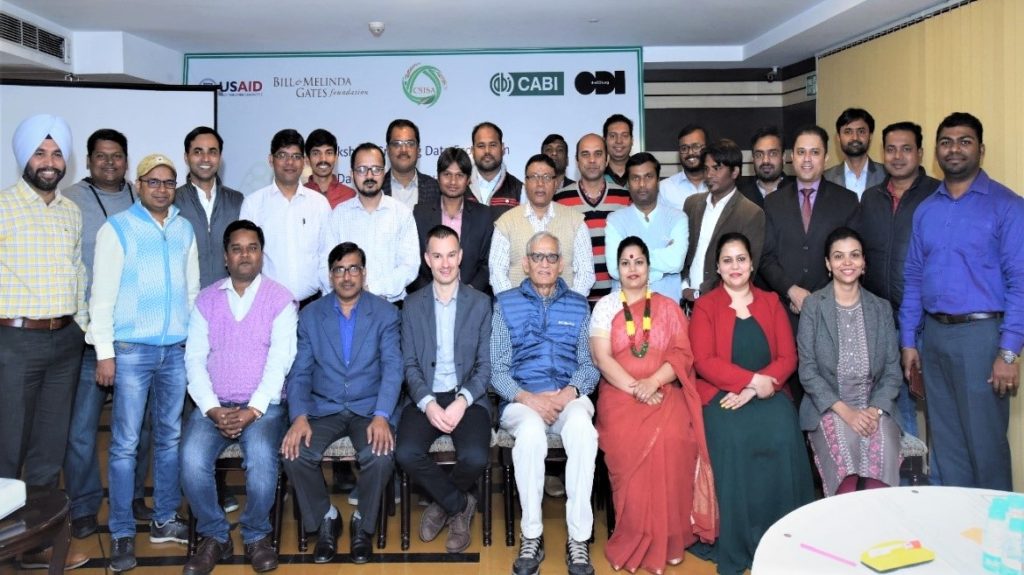International Tea Day 2020: celebrating tea’s importance to our planet
International Tea Day aims to increase public awareness of sustainable production and consumption of tea; its importance in fighting hunger and poverty as well as improve the tea value chain. On this inaugural International Tea Day, CABI is honoured to celebrate the smallholder farmers we work with through countries with the systems and economies that rely on the production and commercialisation of tea to thrive.
Workshop focuses on creating healthy ‘data ecosystems’ to boost food security in India
CABI has been funded a two-year US$1.49 million project by the Gates Foundation to help increase food security in India and Ethiopia through better access to data on soil health, agronomy and fertilizers. This is being carried out with a focus to ensure that available data on agricultural development is based upon FAIR principles–Findable, Accessible,…
CABI warns of rapid spread of crop-devastating fall armyworm across Asia
CABI scientists have today warned of the impending rapid spread of the crop-devastating pest, fall armyworm, across Asia following its arrival in India, with major crop losses expected unless urgent action is taken. The warning comes following a pest alert published this week by the Indian Council of Agricultural Research (ICAR) on the website of one of…










